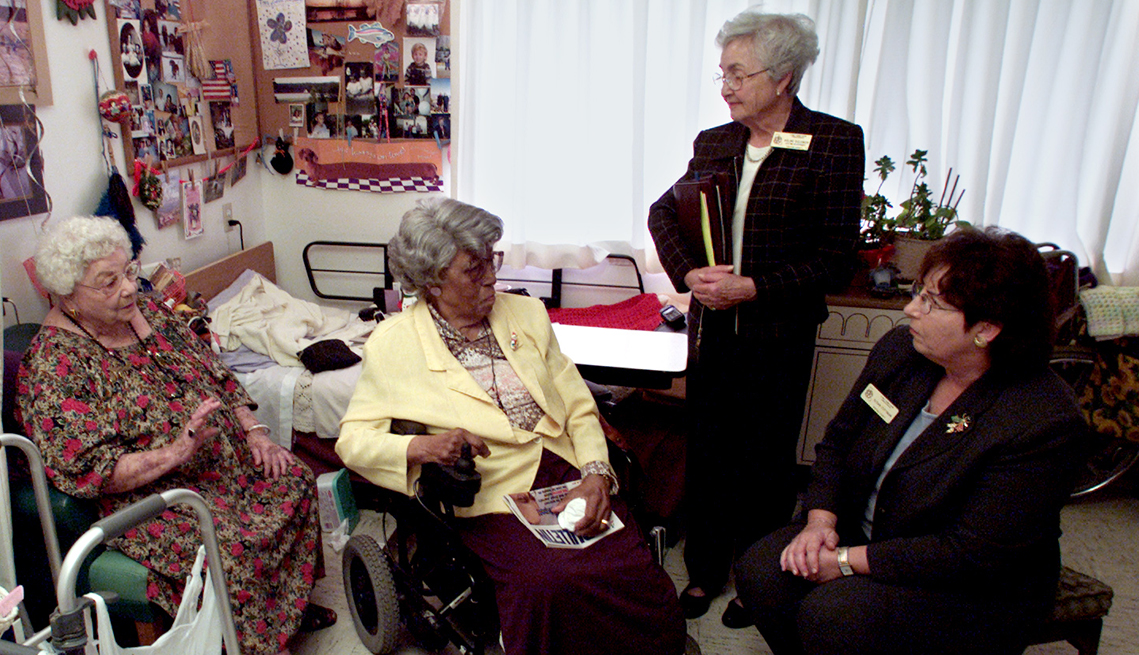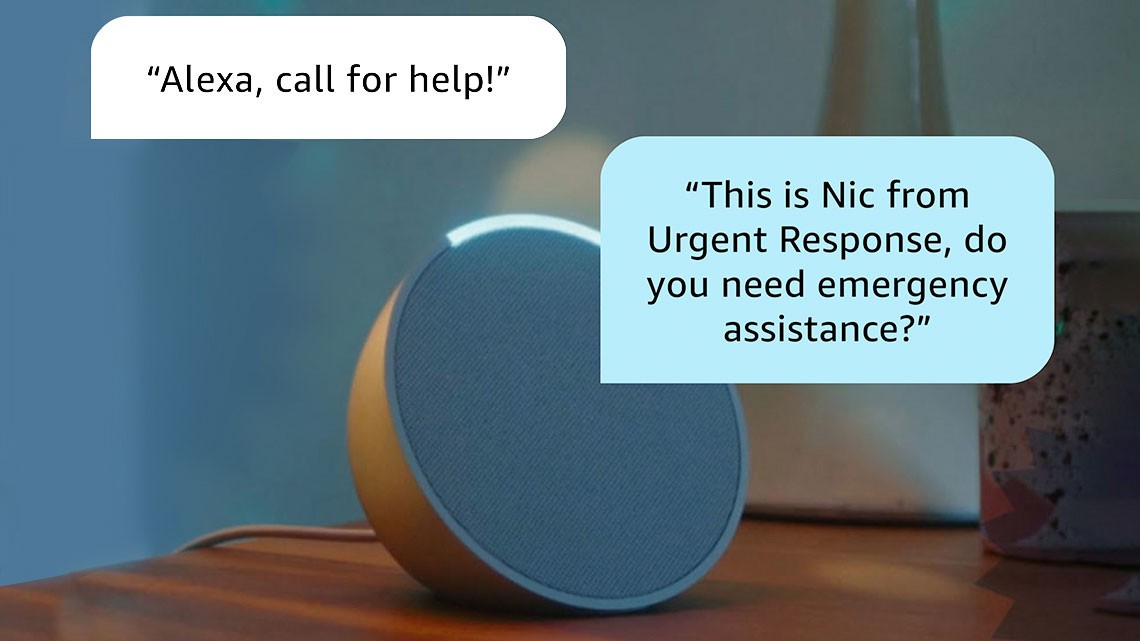Staying Fit
As the coronavirus ravages the country's nursing homes, those with loved ones on the inside are wondering where to go for help with concerns or complaints about a long-term care facility.
The answer may be your nearest long-term care ombudsman. Every state — plus Puerto Rico, Guam and the District of Columbia — has a long-term care ombudsman office that works to promote and protect the rights of residents in nursing homes, assisted living facilities and other residential care communities. The offices work with residents to address problems related to their health, safety and rights. If a resident, family member, representative or staff member is worried about a resident's care, they can file a complaint with the ombudsman's office.


AARP Membership— $12 for your first year when you sign up for Automatic Renewal
Get instant access to members-only products and hundreds of discounts, a free second membership, and a subscription to AARP the Magazine.
With COVID-19 killing more than 17,000 nursing home residents and staff members and infecting tens of thousands more, the offices are getting more attention.
"We're busy in normal times. This is insane,” says Mark Miller, president of the National Association of State Ombudsman Programs and state long-term care (LTC) ombudsman of the District of Columbia, which is part of AARP’s Legal Counsel for the Elderly. Questions and complaints related to COVID-19 are skyrocketing, he says: “There's no running from it.… And to be honest, we're concerned.”
Before the pandemic closed nursing homes to almost all visitors, ombudsmen were in nursing homes frequently.
"Our bread and butter, what we do every day, is visit facilities, talk and meet with residents, get to know them, build trust and rapport with them, then gather information as to what their concerns are about,” says Patricia Hunter, the LTC ombudsman for Washington state. With permission from the resident to act on a complaint, which can range from subpar food to claims of neglect and abuse, ombudsmen will investigate the issue and work to resolve it. Their services are free of charge and, if desired, confidential.
More than 1,000 paid staff and 6,000 certified volunteers form the Long-Term Care Ombudsman Program, which is funded by the federal Administration on Aging. Established in the 1970s under the Older Americans Act, the program is government-funded but works explicitly for long-term care residents. “We don't have the trappings of big government agencies,” says Hunter. “We have independence, which is critical.”
State offices varies in size, based on the number of facilities, and most are broken into regions, with a designated ombudsman for each. The most recent data on the national program shows they investigated just under 200,000 formal complaints in 2018. They provided information to an additional 400,000 people inquiring about long-term care.



































































